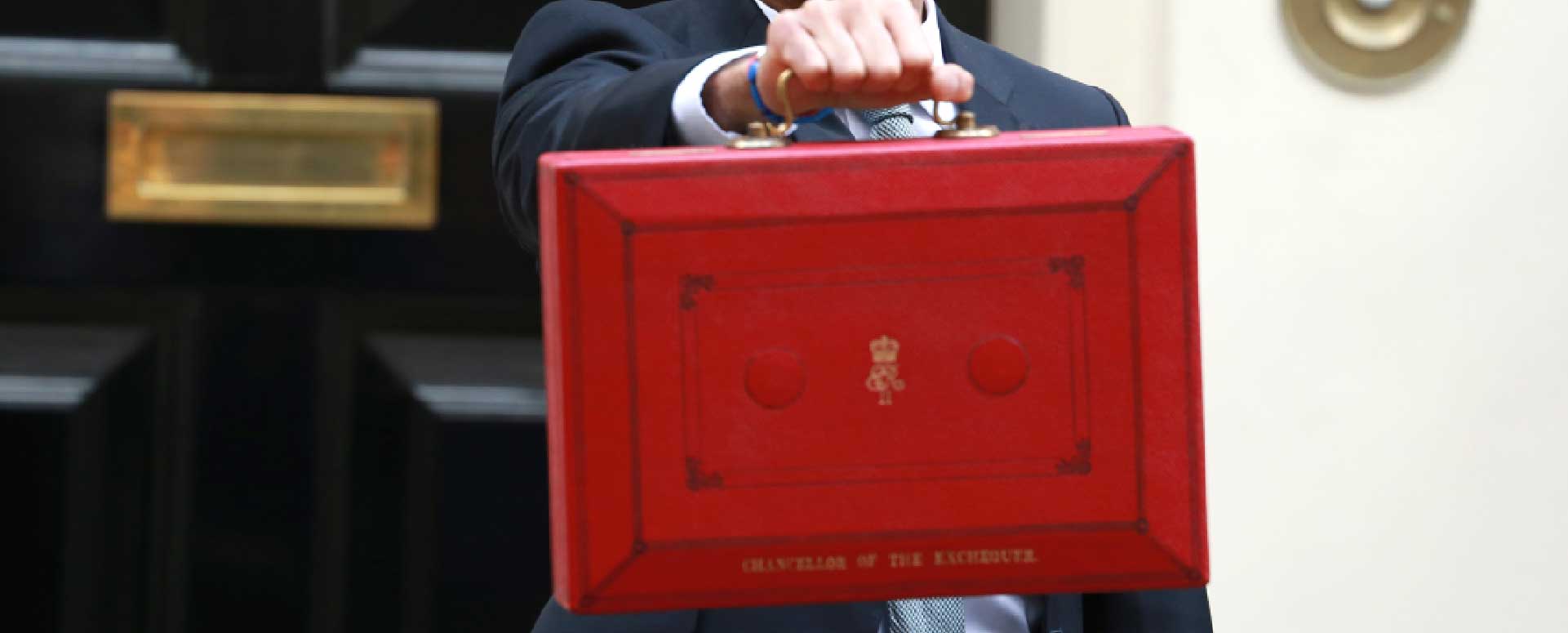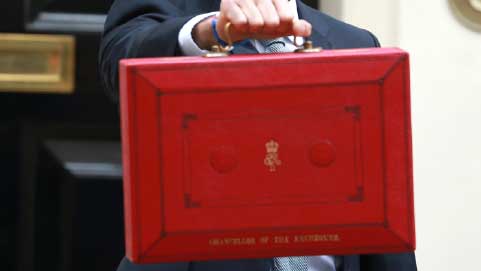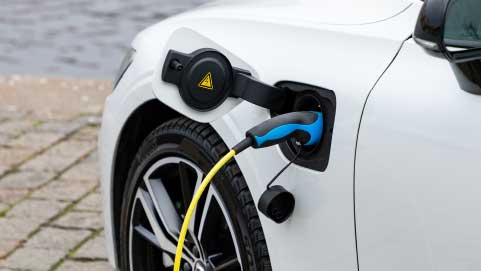The Spring Budget
The Spring Budget last week provided a few favourable announcements for fleet operators, including good news for commercial fleets with the freeze in fuel duty, an extension to the furlough scheme and a freeze in VED for HGVs.
Many of the other items covered were in line with what our industry expected, but just in case you missed it, here are the main headlines that will affect our industry and a few of the most impactful ones explained.
The Headlines
- No further Benefit-in-Kind rates announced, the current tables still only go up to 2024/25.
- The Furlough scheme will extend until the end of September to limit job losses.
- Rates of income tax and national insurance will not go up.
- From next year, personal tax thresholds will be frozen until 2026, creating additional higher-rate taxpayers.
- From April 6th, fuel benefit charges and the van benefit charge will increase in line with CPI.
- In 2023, the main rate of corporation tax, paid on company profits, will increase from 19 to 25 percent for firms with profits over £50,000.
- There will be an uprate in VED rates for cars, vans and motorcycles in line with RPI from April 1st.
- The Government will freeze VED for heavy goods vehicles (HGVs) for 2021/22 and will suspend the HGV Levy for another 12 months from August 2021.
- Creation of eight new free ports in England, including in Liverpool, Devon, London and the Solent.
- First-ever Infrastructure Bank in Leeds to partner with the private sector and local government. This is to increase infrastructure investment to help tackle climate change, which will also help accelerate the UK’s transition to electric vehicles.
Fuel Duty
The Fuel Duty freeze that has been in place for the last 10 years has now been extended for another year. Keeping the freeze on fuel duty will help ensure fuel remains affordable. It was commented that rates will be considered in the context of the UK’s commitment to reach net-zero emissions by 2050. This suggestion may mean that this will be the last time fleets can expect a freeze.
Vehicle Tax
The Budget revealed that there will be an uprate in VED rates for cars, vans and motorcycles in line with RPI from April 1st and from April 6th, fuel benefit charges and the van benefit charge will increase in line with CPI. Road pricing had been speculated, but there was no mention of this as a potential replacement for fuel duty and VED. It was also announced that to support the haulage sector there will be a freeze on VED for heavy goods vehicles (HGVs) for 2021/22 and the HGV Levy will be suspended for another 12 months from August 2021.
Capital allowances
From April this year, changes to capital allowances on business cars could enable fleets to significantly reduce costs. The changes that will come into effect in April sees the 100 percent first-year allowance continue for cars with zero emissions until 2024/25. However, cars qualifying for the main rate of 18 percent will now only benefit if they achieve CO2 emissions of 1 to 50g/km, while cars with CO2 emissions above 50g/km will be subject to a write-down allowance on a continuing balance basis.
The 2023 corporation tax increase, will help to make capital allowances and tax relief on low and zero emission vehicles more favourable. Looking at the whole life cost of vehicles to fully work through all the tax implications will be useful for fleets in trying to understand any potential savings, and this could further encourage EV take up for fleets.
Corporation Tax
It has been announced that in 2023, the main rate of corporation tax, (paid on company profits) will increase from 19 to 25 percent for firms with profits over £50,000. The 19 percent rate remaining for businesses with profits up to £50k and tiered protections for businesses between £50k and £250k.
Consultation
It was also announced that there will be a series of consultations launched by the Government this year and there will be a paper published entitled ‘Command Paper - Tax policies and consultations (Spring 2021)' on March 23rd.
Super deductions
The super deductions mentioned do not appear to directly impact the fleet sector, but according to the BVRLA, the super deduction scheme will apply to EV charge points, just not any grid upgrades. There is still more to be clarified and the BVRLA policy team is trying to determine whether it also applies to ground works etc and any other industry implications.
Need advice?
If you want to talk to us about how these latest announcements may affect your fleet, or look at the whole life costs for vehicles you are considering and what new savings could be made, we would be happy to help.





